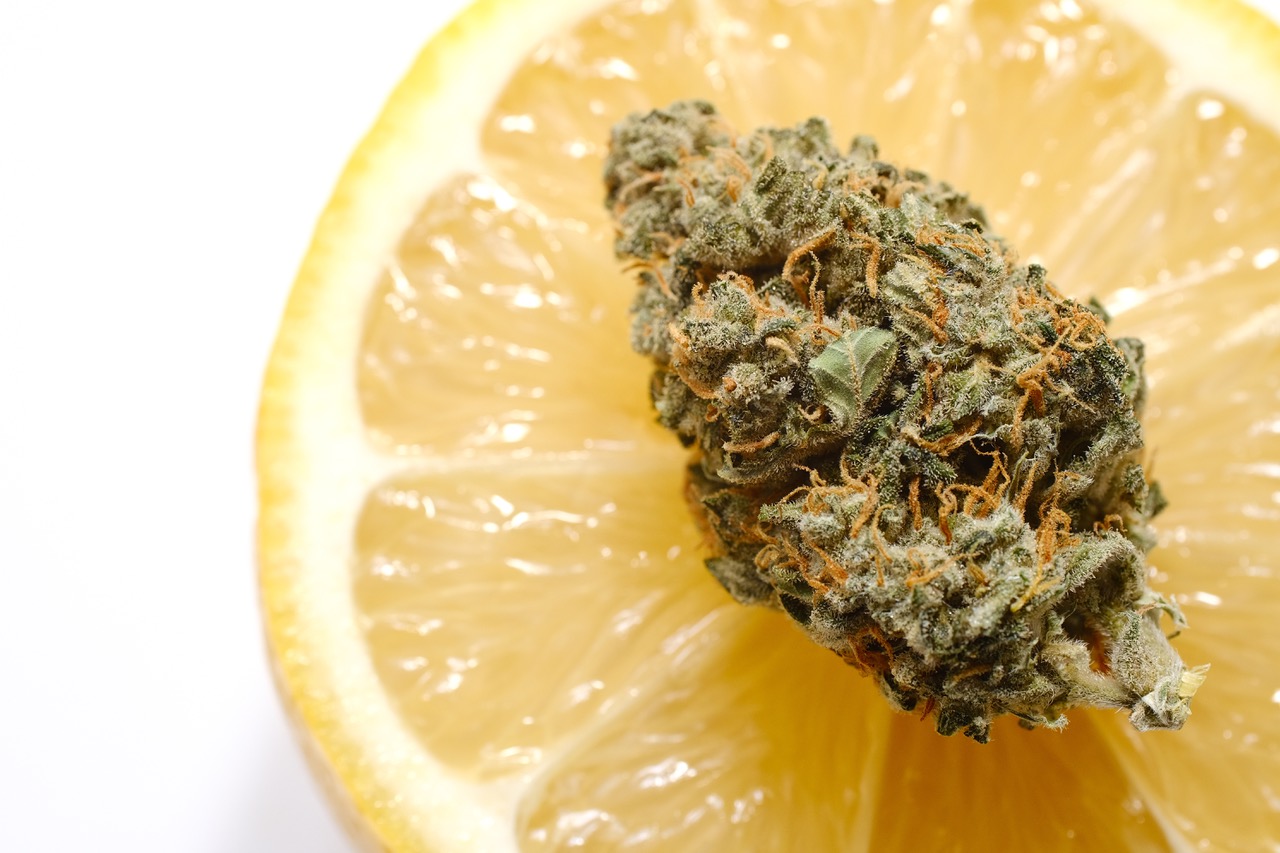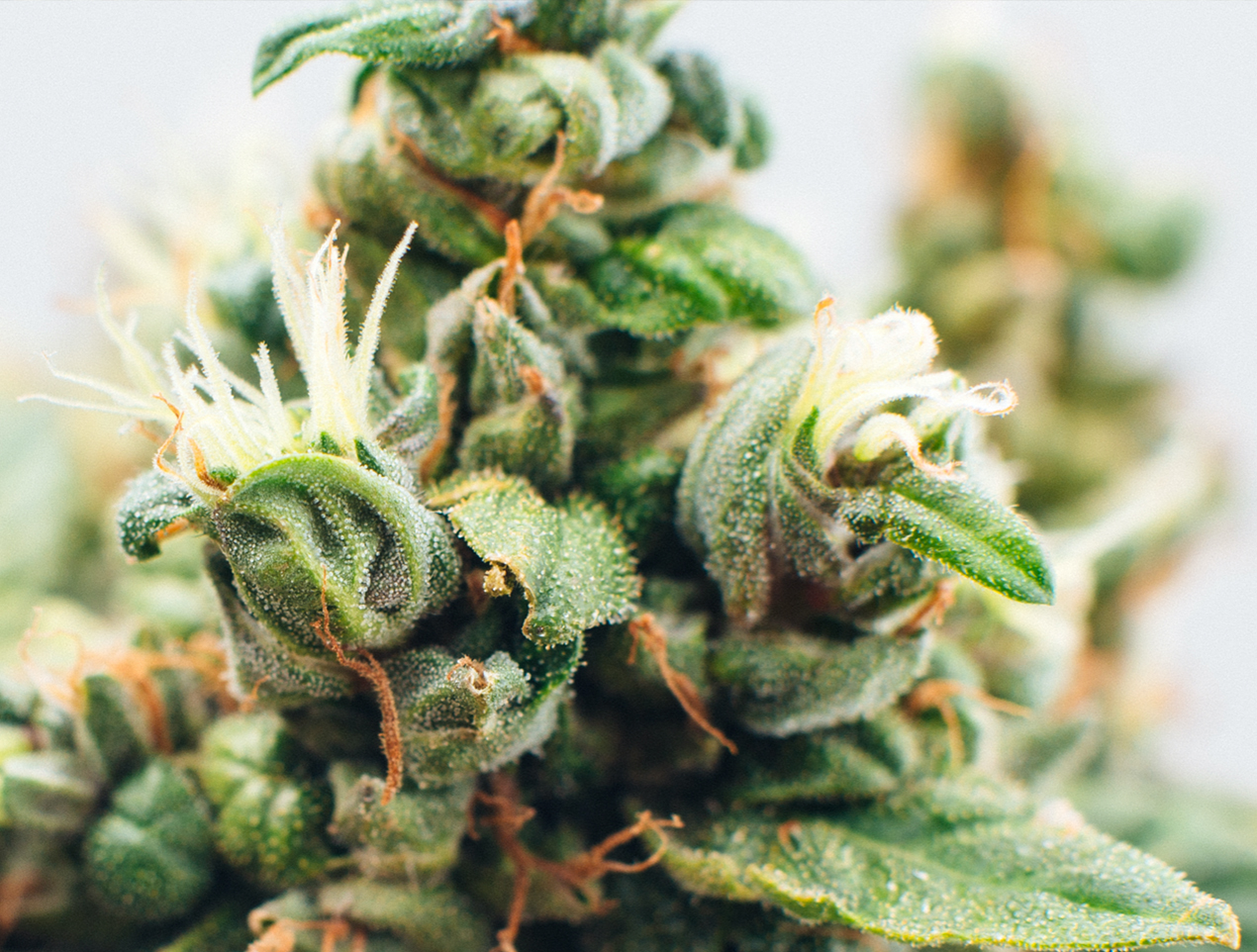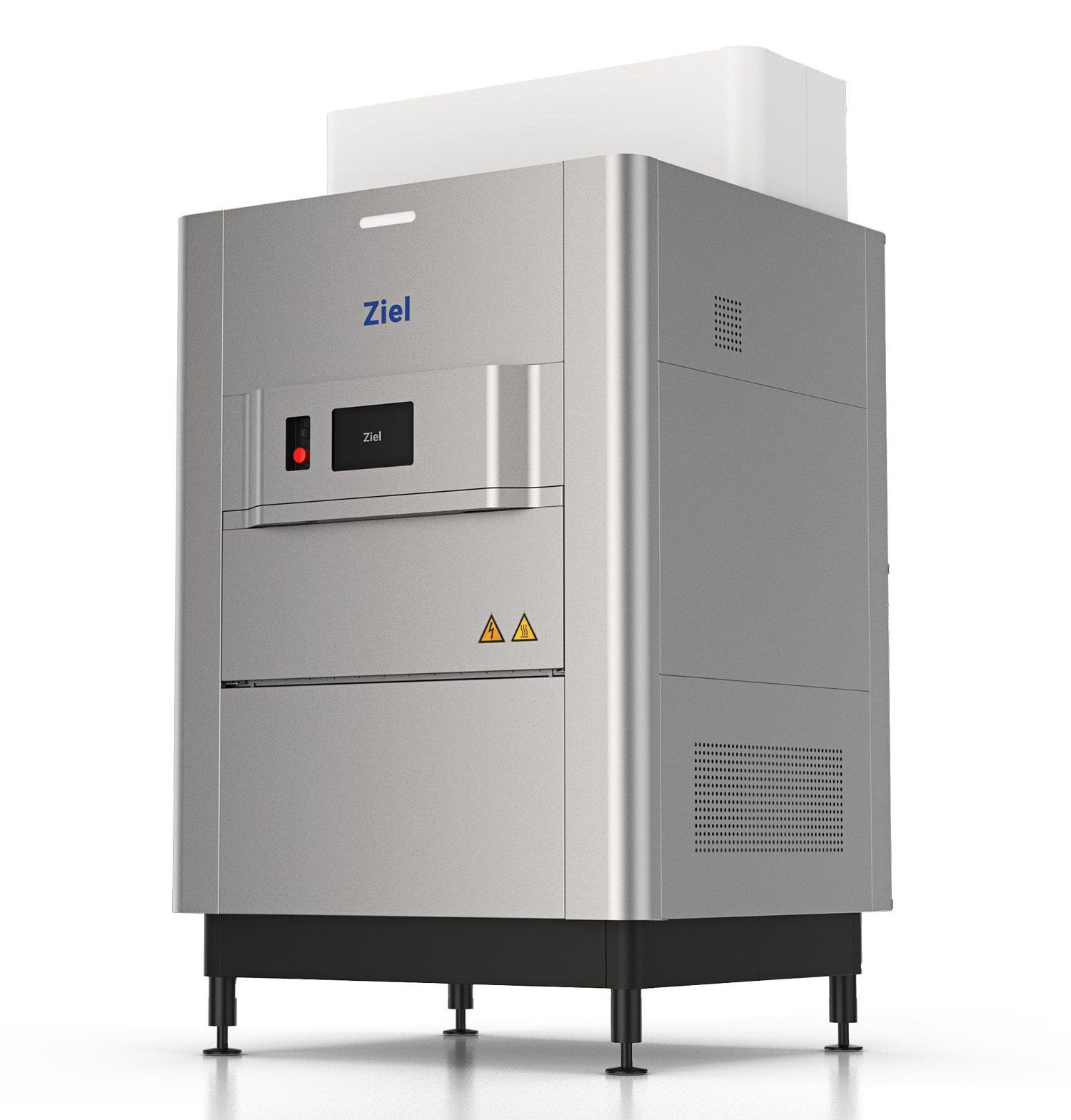Preserving Terpenes Under Strict EU Decontamination Regulations
The EU, particularly Germany, has the strictest microbial compliance regulations in the world. In Germany, cannabis products are regulated as any other herbal medicine under the European pharmacopoeia, meaning they must be grown in a GACP-certified environment and processed/manufactured in an EU-GMP certified facility.
These regulations are tough in order to ensure product consistency and consumer safety. They require all cannabis to be decontaminated before it can be sold. While decontamination is important, some processes can harm the cannabinoid and terpene content of the flower, degrading the very sensory qualities consumers and patients seek out.
Specifically, ionizing radiation technologies like gamma, E-beam, and X-ray are known for negatively impacting cannabinoid and terpene profiles. German regulators have noticed this, along with other negative side effects, and implemented extra licensing for flower processed with ionizing radiation to discourage cannabis producers from using it.


On the other hand, Radio Frequency (RF), a non-ionizing radiation technology, achieves the same or better levels of decontamination while maintaining cannabinoid and terpene content. No extra licensing is needed for this type of cannabis decontamination, as it does not damage the flower like ionizing radiation.
RF is taking the lead as the best cannabis decontamination solution to preserve terpenes and meet the strict requirements of EU-GMP compliance.
Challenges in Terpene Preservation During Microbial Decontamination
Both ionizing radiation and Radio Frequency use wavelengths to penetrate cannabis flower and kill mold and pathogens. Ionizing radiation generates short, high-energy waves that decontaminate the flower while also removing electrons from its atoms and molecules. (This molecular change is why countries like Canada require all irradiated cannabis to be labeled with the Radura, the international symbol for irradiation.) RF, on the other hand, uses long, low-energy wavelengths to decontaminate the flower without changing the plant’s molecular structure.

Although both categories penetrate the cannabis flower to clean it to the core, ionizing radiation has been known to do extra damage. Apart from the molecular changes it causes, studies show it can degrade terpene content more than RF, which is known for its near-zero impact on terpenes.
For example, one study found evidence that gamma-irradiation can reduce monoterpenes 10-20%, and in some cases, up to 38%, during the decontamination process.[1] Another focused on X-ray irradiation’s impact on Aspergillus in cannabis flower noted a decrease in the specific terpenes Caryophyllene, Beta-Panasinsene, and Eudesma-3,7(11)-diene, and Alpha-Humulene.[2]
More research is needed to determine the extent of degradation that ionizing radiation may cause, but some scientists suspect it has to do with the heat irradiation causes. RF has not been shown to degrade terpene or cannabinoid content, and one reason may be that it doesn’t generate as high temperatures because its wavelengths are longer and have lower energy levels.

Terpene Preservation as a Competitive Differentiator for EU Producers
Similar to the maturation of markets that we’ve seen in the United States, EU consumers are starting to seek out terpene-rich strains as the plant becomes more accessible and education around it expands. While high-THC used to be the main selling point, consumers are now more interested in a balanced product with high terpene levels due to their medicinal properties.
Producers looking to sell in the EU can stand out by offering products with higher terpene content and more complete terpene profiles. Using non-ionizing radiation like Radio Frequency to meet microbial compliance allows them to do just that while also highlighting the fact that their product isn’t irradiated.
Meet EU-GMP Compliance Standards and Preserve Terpenes With Ziel RFX
The Ziel RFX is already in use at EU-GMP certified facilities in the EU. Using non-ionizing Radio Frequency technology, it kills mold and pathogens by simply agitating the water molecules within the flower, generating friction throughout the bud. This leads to low-level volumetric heating that eliminates microbial pathogens without ever getting warm enough to degrade terpenes or cannabinoids. It also avoids the ionizing chemistry that can break down organic molecules.

In practical terms, Ziel’s RF process is:
- Non-ionizing and organic compliant: RF essentially uses only energy, with minimal consumables, qualifying it for organic operations. Since its energy is non-ionizing, no extra labeling or permits are needed for producers in the EU or exporting to the EU. By contrast, producers who sell in Germany and treat their flower with ionizing radiation must secure an AMRadV license for each irradiated strain. This license costs around €4,500 and can take up to 12 months to secure.
- EU-GMP validated: Ziel’s RF technology has already been validated under EU-GMP standards, showcased by our partner, Portocanna. This means it’s been validated as a reliable, repeatable step in a pharmaceutical-grade production. Producers looking to secure EU-GMP certification can rely on the Ziel RFX to help them meet the requirements of an EU-GMP facility.
- High throughput and efficiency: The RFX processes up to 160 pounds of cannabis per 8-hour shift with a >99% compliance pass rate. The machine can also stay up and running 24/7, so producers don’t have to sacrifice efficiency for quality and compliance.
- Terpene-safe processing: Because RF works quickly and evenly, it reduces the time that volatile terpenes spend at higher temperatures, ensuring they stay intact. This has been demonstrated at Ziel through in-house studies, done in collaboration with cultivators, that compare RF to other decontamination technologies. It’s also been shown in other food and herbal medicine studies.[3]
The Ziel RFX can be easily integrated into EU-GMP operations. Process parameters (time, power, temperature) can be fine-tuned so that every batch passes microbial testing while still preserving terpenes and cannabinoids.
Terpene Preservation Is the Key to EU Success
Protecting terpenes has become a market imperative. Aroma and flavor are tangible attributes that differentiate brands on a crowded shelf.
In markets like Germany, where cannabis products are regulated like pharmaceuticals and must follow strict decontamination protocols, choosing a cannabis decontamination technology that doesn’t degrade terpene and cannabinoid profiles is crucial to brand success. Leveraging non-ionizing technology like Radio Frequency allows cannabis businesses to preserve terpenes while achieving microbial compliance.
For EU cannabis growers and processors looking to excel in quality control and patient satisfaction, Ziel’s RF solution offers a proven path. By using Ziel’s non-ionizing RF decontamination system, producers can ensure compliant, terpene-rich products that meet consumer needs without compromise.
Contact Ziel today to learn more about preserving terpenes with Radio Frequency.
